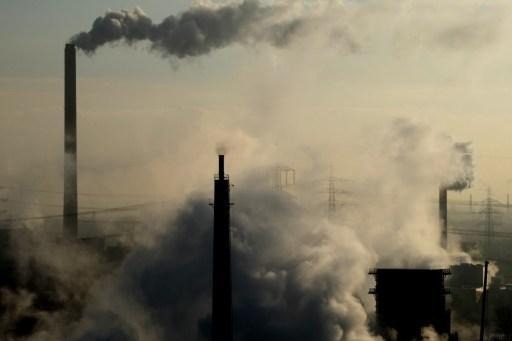People living in the world’s poorest countries receive about US $3 per year, less than one cent a day, to protect themselves from the ill effects of the global climate crisis, Oxfam notes in a report issued on Monday.
According to the report, the world’s 48 least developed countries (LDCs) only receive 2.4 to 3.4 billion dollars annually to help them adapt to climate change.
Titled “Who Takes the Heat?”, the report studies the situation in Somalia and Mozambique, where millions are already suffering from the effects of long droughts and devastating cyclones. The damage caused by two cyclones early this year in Mozambique cost the country 3.2 billion dollars, over a fifth of its gross domestic product (GDP).
The world’s poorest, most indebted countries have contributed the least to the climate crisis, but they are the ones paying the highest price, said Oxfam International’s Executive Director, Winnie Byanyima, noting that the governments of the world’s wealthy countries had not delivered on their promises to help poorer nations adapt to the crisis.
On 13 September, developed nations announced that they had contributed 71 billion dollars to help the world’s poorest countries to reduce their emissions and adapt. Oxfam suspects this figure may have been inflated, but warns that, in any event, it is way below the objective set.
Drought in the Horn of Africa last year made over 15 million people dependent on humanitarian aid in Somalia, Ethiopia and Kenya. The cyclones in Mozambique made 2.6 million persons vulnerable.
If substantial sums of money were allocated for the fight against climate change each year, countries could limit the impact of climate emergencies by diversifying agriculture, saving on water or investing in better weather-monitoring systems, Oxfam stresses.
The Brussels Times

